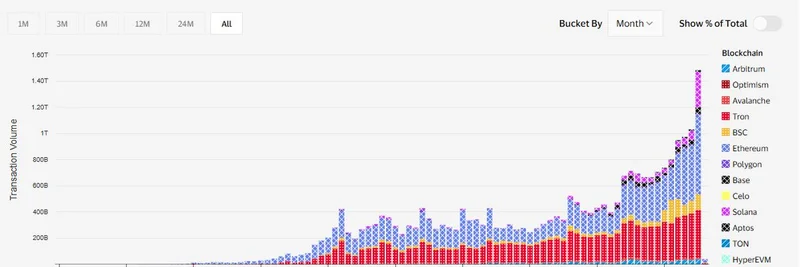Coinbase CEO Brian Armstrong recently took to X (formerly Twitter) to share his latest efforts in Washington, D.C., advocating for market structure legislation in the crypto space. In a video post from the heart of the Capitol, Armstrong emphasized the importance of these laws for keeping crypto innovation alive in the U.S. while protecting users.
Here's the original post where he breaks it down:
I was in DC the last few days working to get MARKET STRUCTURE legislation passed for crypto. This is how we ensure the crypto industry can be built here in America, driving innovation and protecting consumers, and making sure we never have another Gary Gensler trying to take your rights.
There is strong bi-partisan support, but we need your help to get it done. You can help by signing up for @standwithcrypto - they'll notify you when it's time to contact your representatives.
Armstrong's message comes at a pivotal time. With ongoing discussions around bills like the CLARITY Act of 2025 and the Responsible Financial Innovation Act, the crypto community is watching closely. These proposals aim to clarify how digital assets are regulated, splitting oversight between the Securities and Exchange Commission (SEC) and the Commodity Futures Trading Commission (CFTC). For those new to this, think of it as drawing clear lines: the SEC handles securities (like stocks), while the CFTC oversees commodities (like futures). Many cryptocurrencies, including meme tokens, could fall under the CFTC's lighter touch, reducing the risk of heavy-handed enforcement.
Why This Matters for Meme Tokens
Meme tokens, those fun, community-driven coins like Dogecoin or newer ones popping up on chains like Solana and Base, often thrive on viral hype and decentralization. But they've been in the crosshairs of regulators, especially under former SEC Chair Gary Gensler, who pushed for stricter rules treating many cryptos as unregistered securities. Armstrong's jab at Gensler isn't subtle—he's referring to the SEC's aggressive stance that has led to lawsuits against major players, including Coinbase itself.
If market structure legislation passes, it could provide much-needed clarity. For meme token creators and traders, this means less uncertainty about whether your favorite frog or dog coin is a security. It might encourage more U.S.-based development, preventing projects from fleeing overseas. Plus, with protections for consumers baked in, it could build trust and attract more mainstream adoption, potentially boosting the value and legitimacy of meme ecosystems.
Recent developments show momentum. House Republicans are even linking a ban on central bank digital currencies (CBDCs) to crypto bills, while Senate drafts are gaining traction across party lines. As CoinDesk reported, even if some bills stall, successors are in the works, signaling that 2025 could be a breakthrough year.
Community Reactions and How to Get Involved
The post quickly garnered support from the crypto crowd. Replies poured in, with users pledging to stand with crypto and even plugging their favorite meme tokens. For instance, one user highlighted "Based $Mog," showcasing how legislation talk sparks excitement in meme communities.
Another mentioned $JUICY as a way to onboard more users, underlining the broader impact on blockchain apps.
Armstrong's call to action is clear: join Stand With Crypto, a non-partisan advocacy group backed by Coinbase. They'll alert you when it's time to email or call your reps—it's an easy way to make your voice heard without leaving your couch.
In the end, this push isn't just about big exchanges like Coinbase; it's about securing a future where meme tokens and other crypto innovations can flourish without constant regulatory threats. If you're in the meme game, staying informed on these bills could be key to your next big play. Keep an eye on D.C.—the next few months might redefine the landscape.


